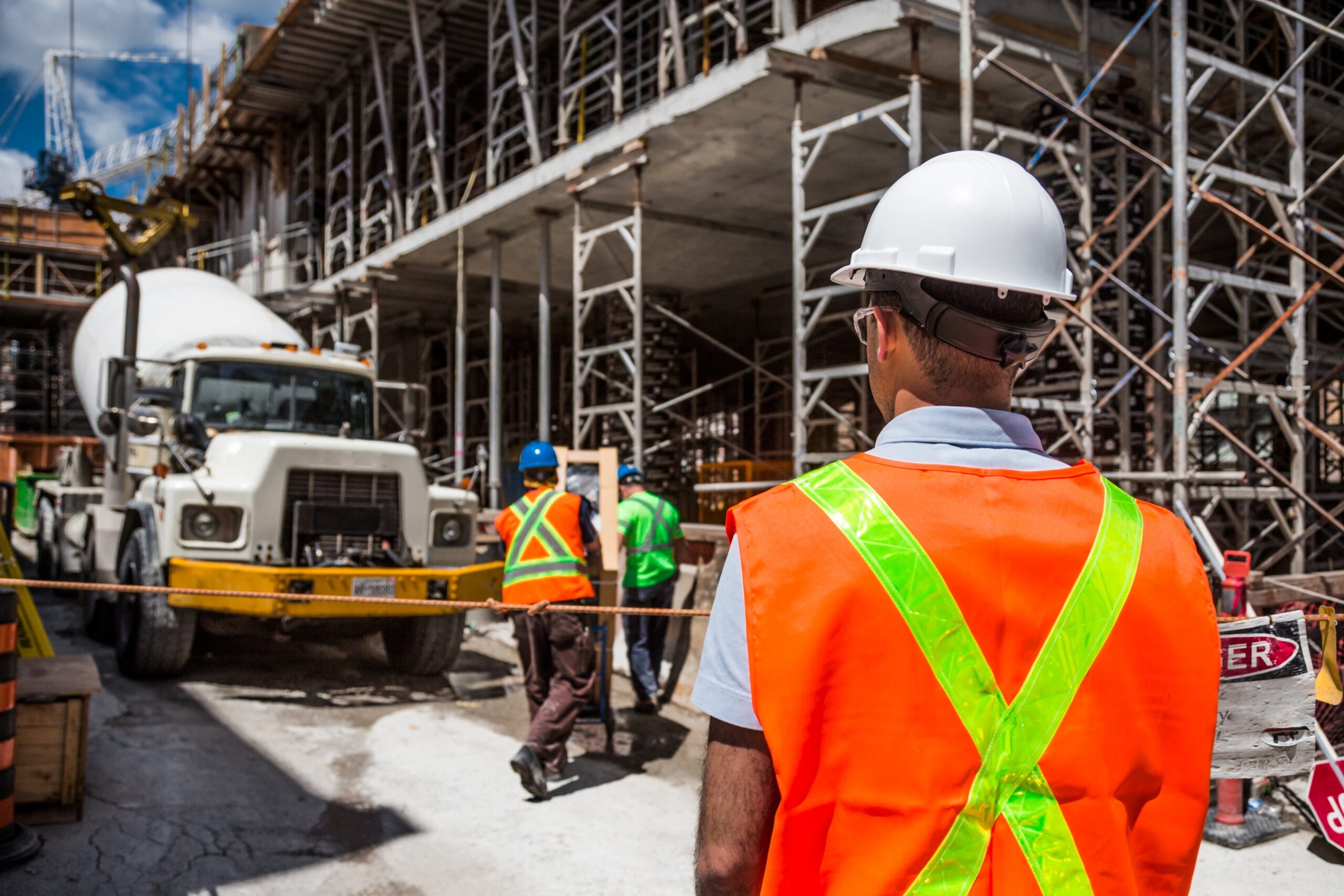Tough times in construction ahead.
Share

Construction is a tough game and recent increases in employment, material, and transport costs are only making it tougher, we have seen recently some very large casualties in the construction sector.
Numerous different pressures are being felt, including but not limited to:
- Staff shortages and rising wages;
- Timing to complete jobs blowing out due to:
Supply chain issues;
Staffing concerns and losing staff due to Covid isolation requirements;
Surge in Public infrastructure spending; - Dramatic price rises on building materials that are further exacerbated by the delays on projects; and
- The uncertainty of the future of the property market with ongoing speculation of:
Inflation;
A market price adjustment (or decline after a period of substantial growth); and
A seemingly inevitable interest rate rise or rises by the RBA.
Builders and subcontractors have in increasing numbers turned to alternate resources to shore up their short-term funding requirements, utilising products such as invoice financing. While this certainly assists with short-term working capital requirements, it has a negative impact on long-term profitability.
Despite ebbs and flows in the sector, over the past decade, the sector has accounted for almost 25% of all insolvencies in Australia. Thousands more creditors are caught in the crossfire, with many sub-contractors and their families significantly affected. So what options are available?
Turnaround including Debt Consolidation / Refinancing
Many problems may be overcome by looking at a problem from the outside. We are experienced in identifying issues and solving problems whether it be supply chain issues, organisational capabilities and resources, or delivering purpose-built financing arrangements.
Safe Harbour
Subject to several key criteria, the Safe Harbour provisions provide protection for directors who continue to trade while pursuing a viable workout that results in a better outcome for the company and its creditors than an immediate winding up.
Voluntary Administration (Ipso Facto protections)
Voluntary Administration and recent ipso facto reforms work together to provide protection for businesses that continue to trade during a voluntary administration to either seek to offer a compromise to creditors via a Deed of Company Arrangement or a sale of the business.
Small Business Restructuring
Introduced in January 2021, the Small Business Restructuring reforms (subject to eligibility criteria) provide a cost-effective tool for small businesses (i.e. liabilities under $1m) to restructure their debts while continuing to trade under the control of the existing directors.
Voluntary Liquidation
At times things become too tough to deal with the pressures of mounting debts. The voluntary liquidation process alleviates the pressures on directors and allows an orderly process to provide access for employees to claim unpaid entitlements under the Federal Governments Fair Entitlements Guarantee and a fair outcome for the company’s creditors.
Next Steps
There may be many distressed businesses in the construction sector, the good news is that provided they act early and seek advice from an appropriately qualified advisor, the business may be saved or at worst the fairest outcome can be provided for creditors.
At some stage the activity from creditors to collect outstanding debts is going to increase, this might be the banks, the ATO / other government authorities, or trade creditors.
Our experienced directors are available to assist companies in the construction sector in financial distress. For further information, contact Rodgers Reidy for a no-obligation discussion.






